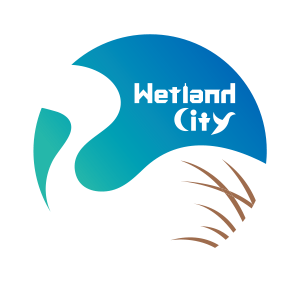
Changde
Home > Changde
Changde has a unique geographical location with its proximity to rivers and lakes. It is a cultural city with a history of over two thousand years and is one of the cities within the ecological and economic circle of Dongting Lake. Changde has actively restored or created wetlands through a series of projects, improving the urban environment, controlling waterlogging, regulating the climate, purifying water quality, and providing recreational spaces for residents.
1) Chuangzi River Integrated Treatment Project:
Located in the central urban area of Changde, this project comprehensively restored the Chuangzi River through measures such as river channel improvement, pollution interception and drainage, and water system connectivity. Through these measures, the water quality of the Chuangzi River has significantly improved, effectively fulfilling its role in urban flood control and drainage, enhancing the ecological and landscape value of the river. This project can serve as a reference for comprehensive treatment of urban rivers in other cities.
2) Establishment of Sponge City:
Water-Absorbing Garden Construction: Changde extensively constructs water-absorbing gardens in residential areas, public green spaces, contributing to the sponge city construction. These water-absorbing gardens collect initial rainwater through rainwater collection systems, storing and retaining it in permeable green spaces. This effectively reduces the peak flow of rainwater entering the drainage network, alleviating network pressure and preventing urban waterlogging. The garden-style rainwater systems create pleasant environments for citizens to relax and enrich public activity spaces. It is evident that rainwater gardens play an important role in flood control, water quality improvement, heat island effect regulation, and providing recreational spaces. They are an essential component of sponge city construction.
3) Construction of Urban Wastewater Treatment Facilities:
Changde has vigorously promoted the construction of wastewater treatment facilities, including sewage treatment plants and pipeline networks. The construction of sewage pipeline networks collects domestic wastewater. Wastewater treatment plants purify sewage. The discharge of purified water back into rivers and wetlands improves water quality, provides a favorable habitat for wetland organisms, enhances the ecosystem services of wetlands, and transformed wetlands can also become recreational spaces for citizens. Changde fully utilizes the role of wetlands in purifying water quality, regulating floods, and improving the ecological environment, making them important urban infrastructure to ensure the safety of the city’s water environment.